Ruoyuan Gao
FAIR: Fairness-Aware Information Retrieval Evaluation
Jun 16, 2021
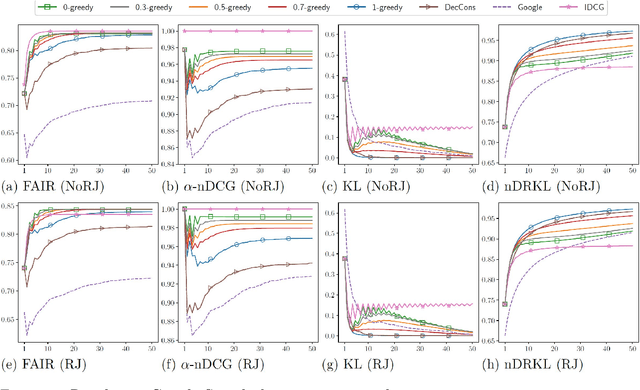

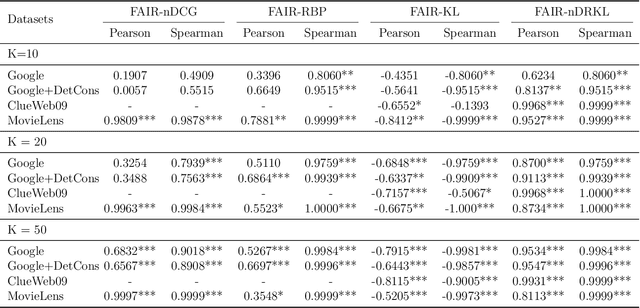
Abstract:With the emerging needs of creating fairness-aware solutions for search and recommendation systems, a daunting challenge exists of evaluating such solutions. While many of the traditional information retrieval (IR) metrics can capture the relevance, diversity and novelty for the utility with respect to users, they are not suitable for inferring whether the presented results are fair from the perspective of responsible information exposure. On the other hand, various fairness metrics have been proposed but they do not account for the user utility or do not measure it adequately. To address this problem, we propose a new metric called Fairness-Aware IR (FAIR). By unifying standard IR metrics and fairness measures into an integrated metric, this metric offers a new perspective for evaluating fairness-aware ranking results. Based on this metric, we developed an effective ranking algorithm that jointly optimized user utility and fairness. The experimental results showed that our FAIR metric could highlight results with good user utility and fair information exposure. We showed how FAIR related to existing metrics and demonstrated the effectiveness of our FAIR-based algorithm. We believe our work opens up a new direction of pursuing a computationally feasible metric for evaluating and implementing the fairness-aware IR systems.
Towards Long-term Fairness in Recommendation
Jan 10, 2021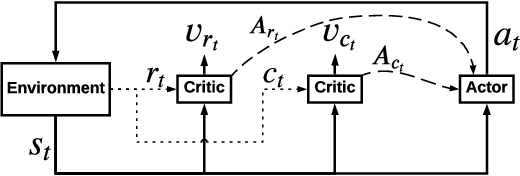

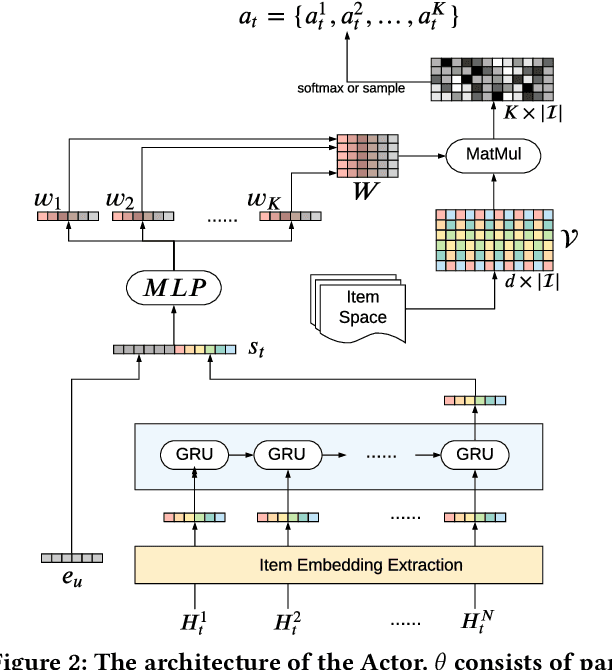
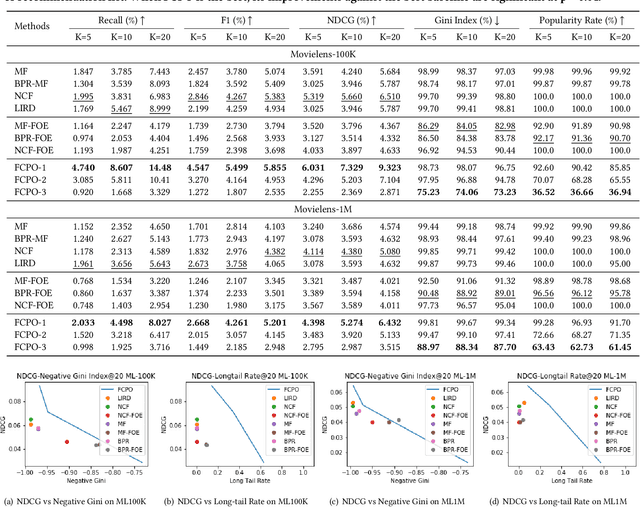
Abstract:As Recommender Systems (RS) influence more and more people in their daily life, the issue of fairness in recommendation is becoming more and more important. Most of the prior approaches to fairness-aware recommendation have been situated in a static or one-shot setting, where the protected groups of items are fixed, and the model provides a one-time fairness solution based on fairness-constrained optimization. This fails to consider the dynamic nature of the recommender systems, where attributes such as item popularity may change over time due to the recommendation policy and user engagement. For example, products that were once popular may become no longer popular, and vice versa. As a result, the system that aims to maintain long-term fairness on the item exposure in different popularity groups must accommodate this change in a timely fashion. Novel to this work, we explore the problem of long-term fairness in recommendation and accomplish the problem through dynamic fairness learning. We focus on the fairness of exposure of items in different groups, while the division of the groups is based on item popularity, which dynamically changes over time in the recommendation process. We tackle this problem by proposing a fairness-constrained reinforcement learning algorithm for recommendation, which models the recommendation problem as a Constrained Markov Decision Process (CMDP), so that the model can dynamically adjust its recommendation policy to make sure the fairness requirement is always satisfied when the environment changes. Experiments on several real-world datasets verify our framework's superiority in terms of recommendation performance, short-term fairness, and long-term fairness.
Fairness-Aware Explainable Recommendation over Knowledge Graphs
Jun 28, 2020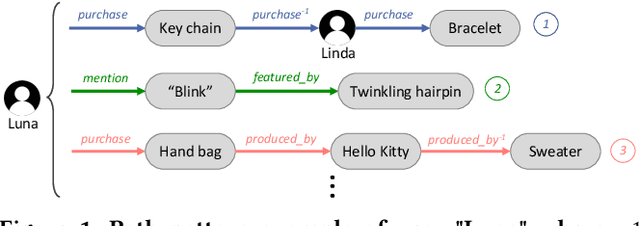
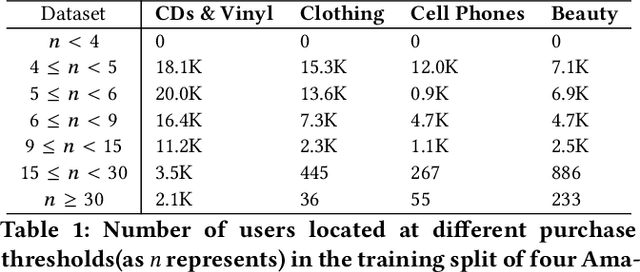
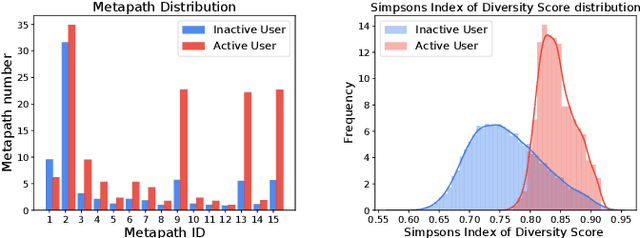
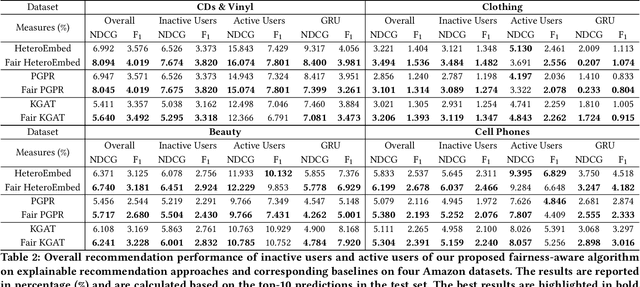
Abstract:There has been growing attention on fairness considerations recently, especially in the context of intelligent decision making systems. Explainable recommendation systems, in particular, may suffer from both explanation bias and performance disparity. In this paper, we analyze different groups of users according to their level of activity, and find that bias exists in recommendation performance between different groups. We show that inactive users may be more susceptible to receiving unsatisfactory recommendations, due to insufficient training data for the inactive users, and that their recommendations may be biased by the training records of more active users, due to the nature of collaborative filtering, which leads to an unfair treatment by the system. We propose a fairness constrained approach via heuristic re-ranking to mitigate this unfairness problem in the context of explainable recommendation over knowledge graphs. We experiment on several real-world datasets with state-of-the-art knowledge graph-based explainable recommendation algorithms. The promising results show that our algorithm is not only able to provide high-quality explainable recommendations, but also reduces the recommendation unfairness in several respects.
 Add to Chrome
Add to Chrome Add to Firefox
Add to Firefox Add to Edge
Add to Edge